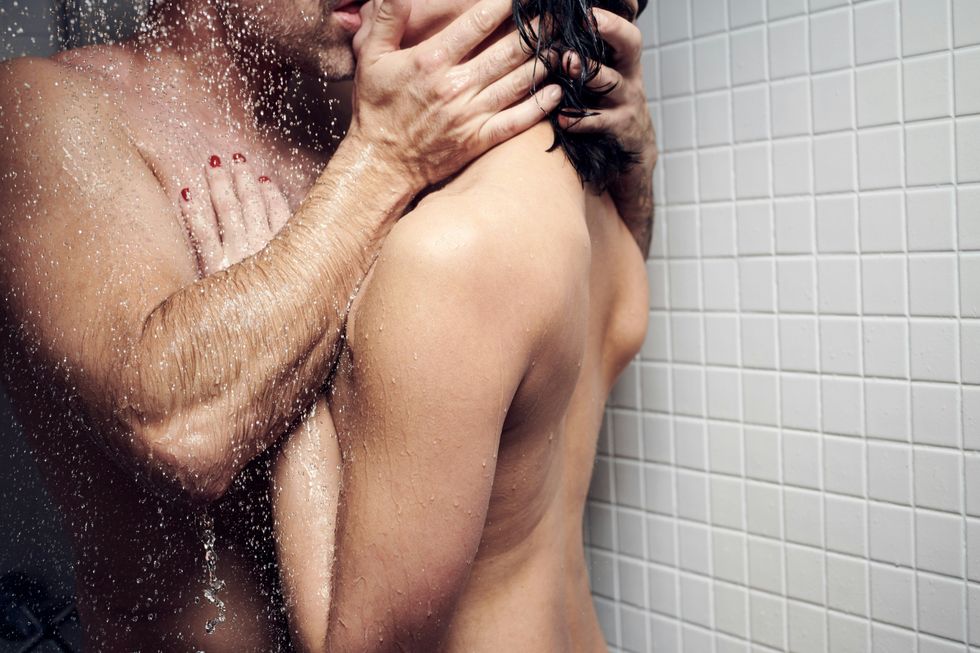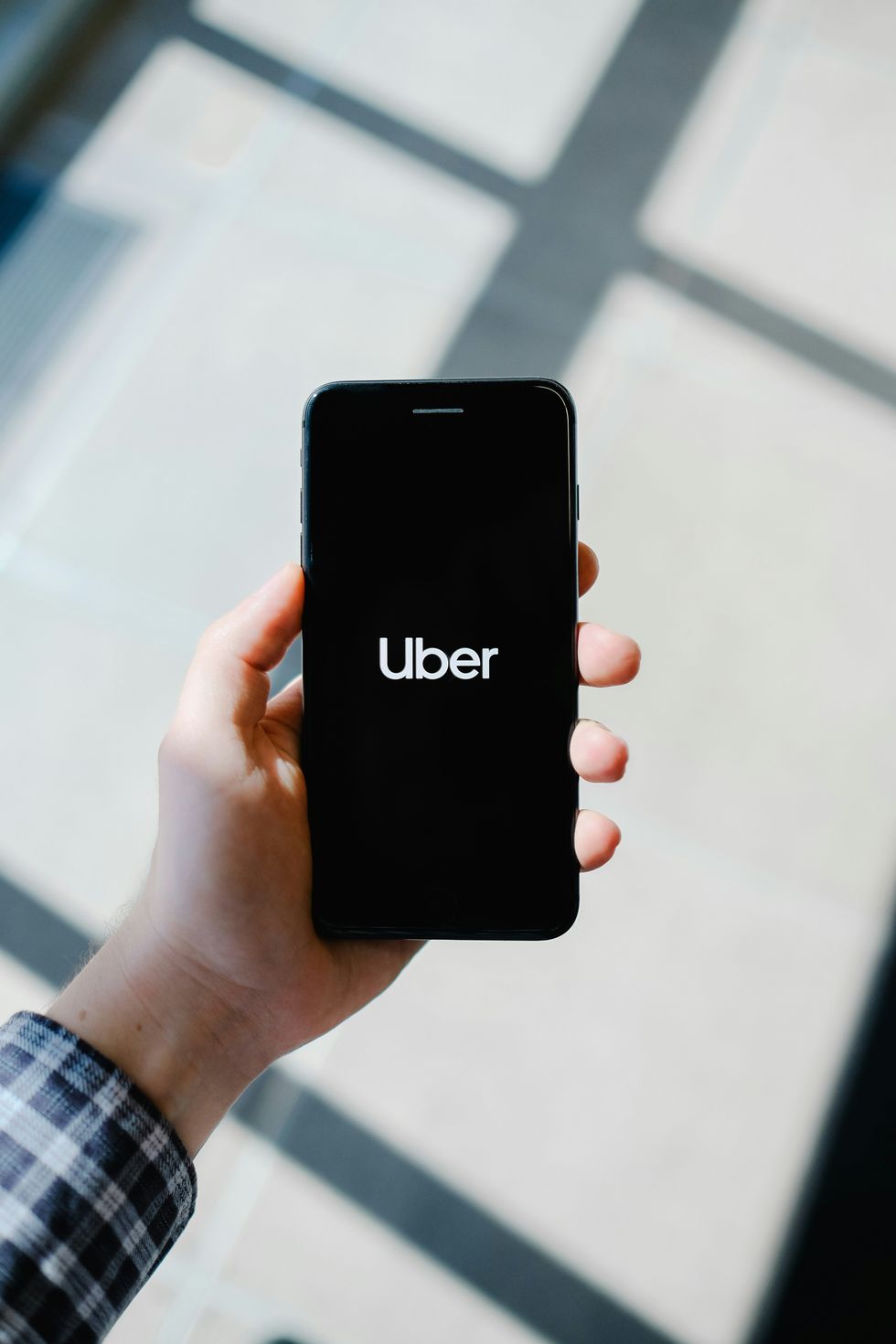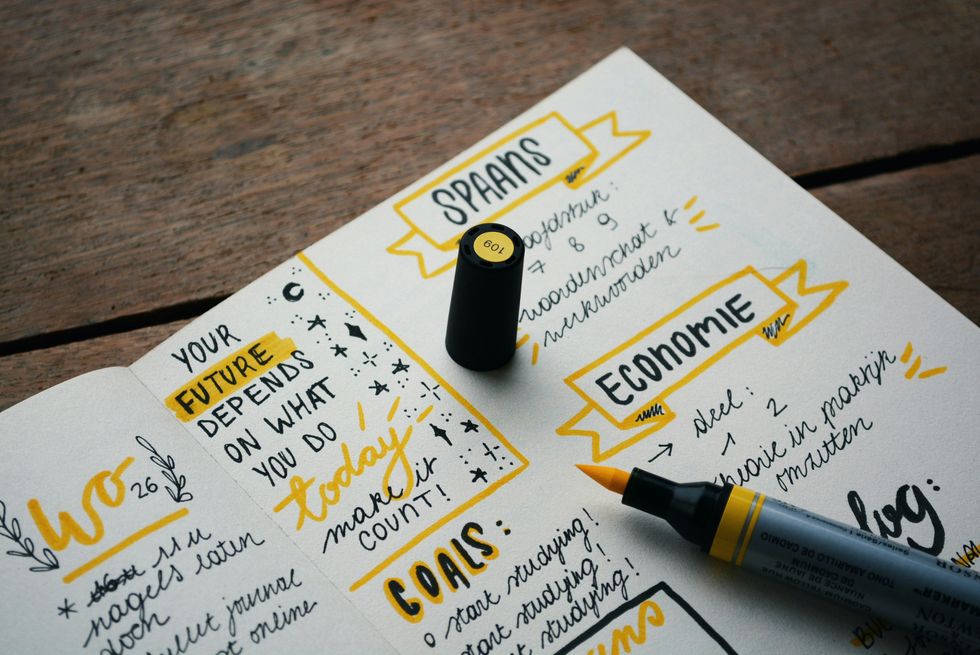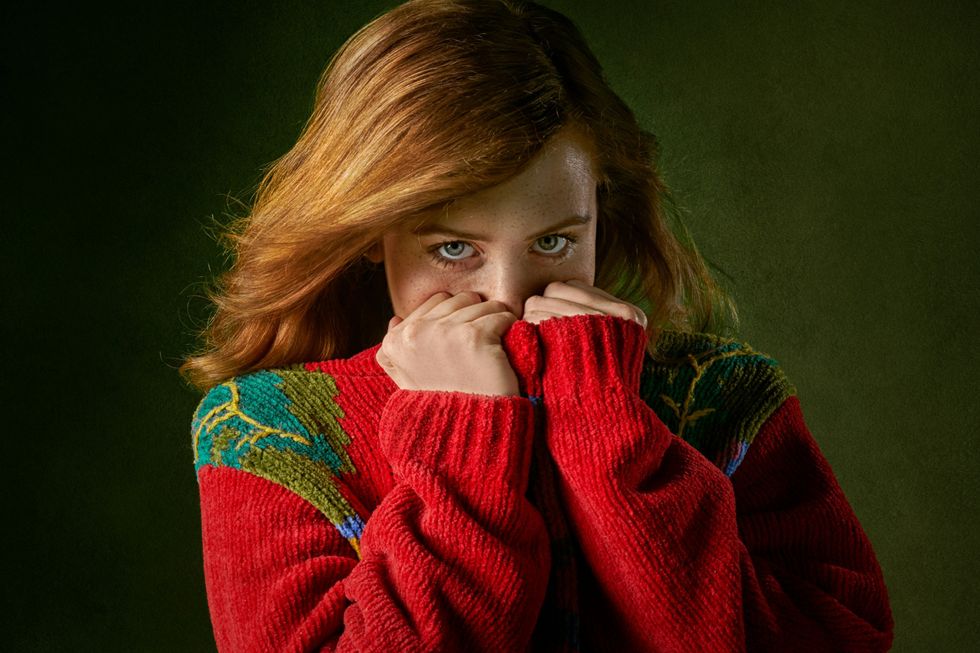When I’m feeling angsty, I often find myself ambivalently turning to the music of ‘90s/‘00s alt-rock band Weezer because the lyrics of Weezer songs such as “Why Bother?” so perfectly capture the feelings of disappointment with one’s life and helplessness to better things like no one else against the backdrop of a catchy tune, while other Weezer songs are just unadulterated indie perfection. I say I listen to their music “ambivalently,” though, because, although the band is genuinely talented, many of the Weezer’s songs and its general aesthetic propagate a particularly frustrating brand of misogyny.
Weezer’s lead singer and lyricist, Rivers Cuomo, looks like a your stereotypical white dork — he’s a bit shorter than average, wears wide-framed glasses, and isn’t especially muscular or conventionally handsome — and he uses this underdog aesthetic to bolster the character he presents in his songs. In Weezer songs, Cuomo is a sexually frustrated loser perpetually gawking at “hot,” high-class, generally Asian women who just won’t ever give him a chance. Some Weezer songs are seemingly a Rivers Cuomo pity party. For instance, the narrator of “Beverley Hills” whines about how his lower-class background, lack of quality material possessions, and unconventional looks cause people (particularly women) to look down on him, so he wants to move to Beverley Hills and better himself. In “The Good Life,” Cuomo complains about how he’s this weird-looking, pathetic guy who is constantly hurt and rejected by everyone he ever loves.
In these Weezer songs and a dozen others, Cuomo is portraying himself as someone to be pitied by the listener — he’s just this helpless, sensitive guy who keeps getting his heart broken by all these irrational women who really just want to be with preppy, handsome jerks. This “nice guy” narrative Cuomo presents is an overused trope in American media. These sorts of “nice guys” generally present themselves as sexually and romantically inexperienced or just plain inept dorks whose friendship is abused by women who use the “nice guy” as emotional support, particularly when the women’s romantic relationships are suffering, while having no romantic or sexual interest in the “nice guy” himself. It is “nice guys” who often complain that they are being friendzoned; these men believe that by acting like good, supportive friends to women, these women owe them sex or a relationship. The “nice guy” stereotype is problematic because kindness and friendship should not be given with the expectation of anything (particularly romance or sex, because the giving of those is an especially personal decision) in return, meaning that “nice guys” are not truly good or supportive friends. This stereotype also perpetuates the idea that men and women cannot have platonic relationship and that women are only valuable to men in a sexual/romantic capacity.
The “nice guy” syndrome plays into masculinity ideals and stereotypes about the irrationality of women, so "nice guys" portrayed in the media are generally heterosexual males, but the syndrome is not just a problem for men — during periods of low self-esteem, I myself have struggled with over-fixating on particular guys who did not have romantic interest in me because I felt like it was not really possible for me to find anyone better, anyone who actually was interested in me, so these guys should just take pity on me and give me a chance already — but that is not how love should work. The love stories in Weezer songs are all backwards: love should not be given out of pity but respect. A person shouldn’t feel that others are obligated to give them love, because, no matter how unusual looking, or geeky, or low-class you are, you are worthy of love, and there are people out there who will give you love willingly.






 "I thought you knew what you signed up for."
"I thought you knew what you signed up for." man and woman in bathtub
Photo by
man and woman in bathtub
Photo by  four women sitting on black steel bench during daytime
Photo by
four women sitting on black steel bench during daytime
Photo by  Uber app ready to ride on a smartphone.
Photo by
Uber app ready to ride on a smartphone.
Photo by  woman in red tank top and blue denim shorts standing beside woman in black tank top
Photo by
woman in red tank top and blue denim shorts standing beside woman in black tank top
Photo by  blue marker on white printer paper
Photo by
blue marker on white printer paper
Photo by  welcome signage on focus photography
Photo by
welcome signage on focus photography
Photo by  woman in white and black striped long sleeve shirt lying on bed
Photo by
woman in white and black striped long sleeve shirt lying on bed
Photo by  pink pig coin bank on brown wooden table
Photo by
pink pig coin bank on brown wooden table
Photo by  person holding iPhone 6 turned on
Photo by
person holding iPhone 6 turned on
Photo by  person holding pencil near laptop computer
Photo by
person holding pencil near laptop computer
Photo by  person slicing vegetable
Photo by
person slicing vegetable
Photo by 
 woman covering mouth with sweater
Photo by
woman covering mouth with sweater
Photo by  person holding remote pointing at TV
Photo by
person holding remote pointing at TV
Photo by  a woman with her arms raised in a crowd of people
Photo by
a woman with her arms raised in a crowd of people
Photo by  "Shocked disbelief: '95% of the population is undateable?'"
"Shocked disbelief: '95% of the population is undateable?'"


 Energetic dance performance under the spotlight.
Energetic dance performance under the spotlight. Taylor Swift in a purple coat, captivating the crowd on stage.
Taylor Swift in a purple coat, captivating the crowd on stage. Taylor Swift shines on stage in a sparkling outfit and boots.
Taylor Swift shines on stage in a sparkling outfit and boots. Taylor Swift and Phoebe Bridgers sharing a joyful duet on stage.
Taylor Swift and Phoebe Bridgers sharing a joyful duet on stage.







